Optimizing media for chicken cells
2020-2022
Dr. Block is applying novel optimization tools and techniques to chicken muscle cell cultures in order to achieve low-cost cultivated meat production.
PRODUCTION PLATFORM: Cultivated
TECHNOLOGY SECTOR: Cell culture media
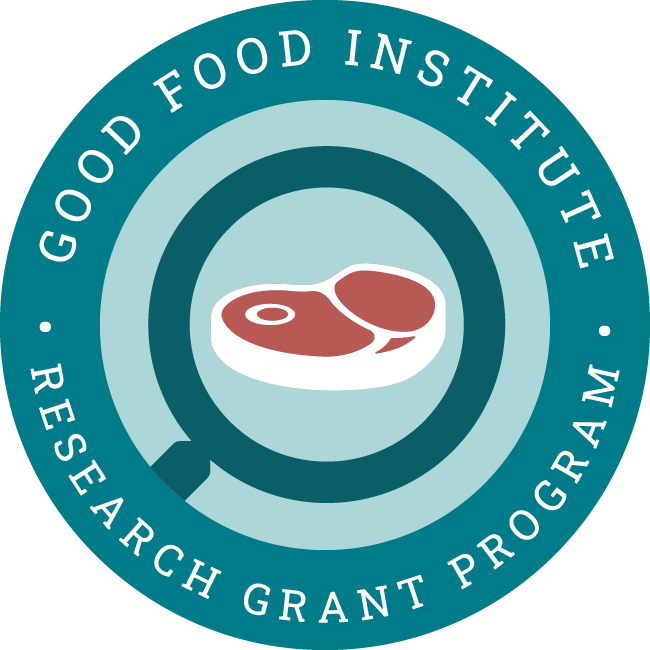
Project aims
This project aims to develop novel advanced experimental optimization techniques to find low-cost, effective growth media and apply these techniques to chicken muscle cell cultures. It devises a process for growing chicken muscle cells in suspension or on edible scaffold microcarriers, as well as for the production of gelatin through plant cell culture for use as muscle cell scaffolding.
This work will create novel, efficient experimental optimization algorithms for general media and process optimization. It could reduce the cost of cultivated meat production via novel media optimization techniques.
Principal researcher
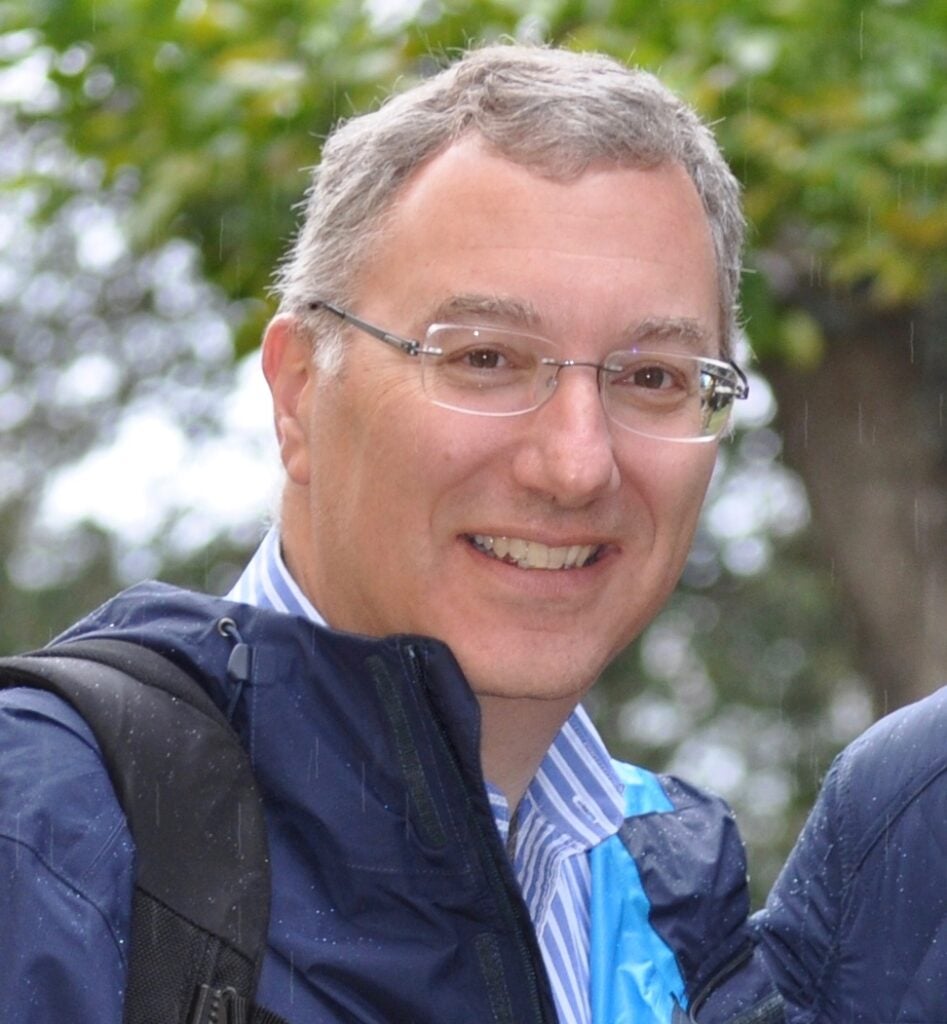
Dr. David Block
Professor, Department of Viticulture and Enology and Department of Chemical Engineering, University of California Davis, USA
Dr. Block holds extensive experience in fermentation process optimization and the development of experimental optimization methods. He also designs biopharmaceutical manufacturing and food fermentation facilities.
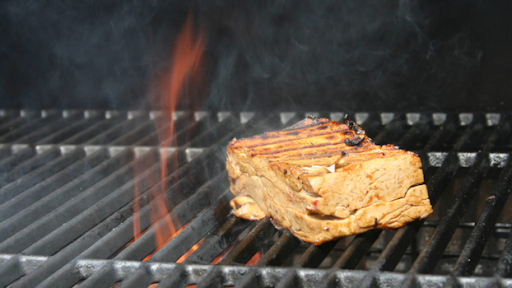
NSF funds cultivated meat research at UC Davis
The U.S. government awarded $3.55 million, to be dispersed over five years, to a team of researchers at UC Davis for open-access cultivated meat research. This grant from the National Science Foundation (NSF) represents the U.S. government’s biggest investment in cultivated meat research ever.
Related research
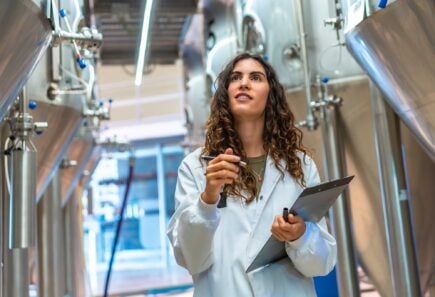
How alternative protein companies can work with U.S. National Laboratories
Learn how alternative protein companies can leverage U.S. National Laboratory expertise and infrastructure to accelerate R&D and de-risk commercialization.
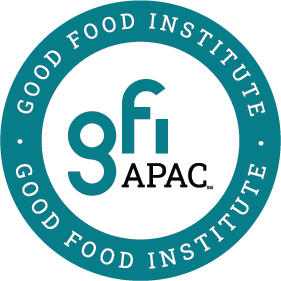
SciTech Manager
The Good Food Institute APAC is hiring a SciTech Manager to serve as its regional scientific lead on alternative proteins, providing strategic insight into R&D, regulatory trends, and emerging technologies…
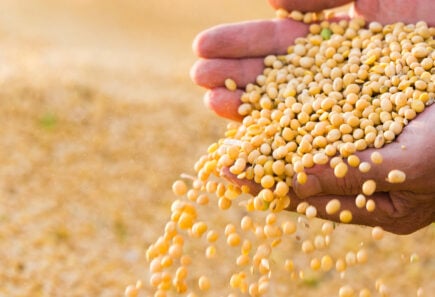
Minnesota state programs
These Minnesota state grants, loan programs, and tax credits are likely relevant to the alternative protein industry. Companies should assess their own eligibility for programs of interest.

UNEP Global Environment Outlook 7
UNEP’s GEO-7, the most comprehensive scientific environmental assessment ever conducted, highlights the importance of alternative proteins.
Explore alt protein research opportunities
-
Cultivated
-
Fermentation
-
Plant-Based
Consumer and sensory research to guide alternative fish R&D
Consumer and sensory research can help companies and academic researchers better understand seafood consumers’ needs and desires. Understanding consumers’ needs will allow alternative fish researchers to ask and prioritize the…
-
Cultivated
-
Fermentation
-
Plant-Based
Catalog of animal meat flavors
Creating a catalog of molecules responsible for the characteristic flavor of a species will enable alternative protein product manufacturers to create products that more accurately replicate the sensory experience of…
-
Cultivated
-
Fermentation
-
Plant-Based
Synergistic climate and biodiversity benefits of alternative proteins
The direct climate and biodiversity benefits of alternative proteins are well understood by the alternative protein community, but the synergistic benefits of alternative proteins with other solutions—for example, clean energy…
-
Cultivated
-
Fermentation
-
Plant-Based
Optimizing fat profiles for nutritional and sensory properties
Because alternative meat’s fat content and fatty acid profile can be more easily controlled than conventional meat’s, there is an opportunity to alter fat content for nutritional benefits. Additional research…
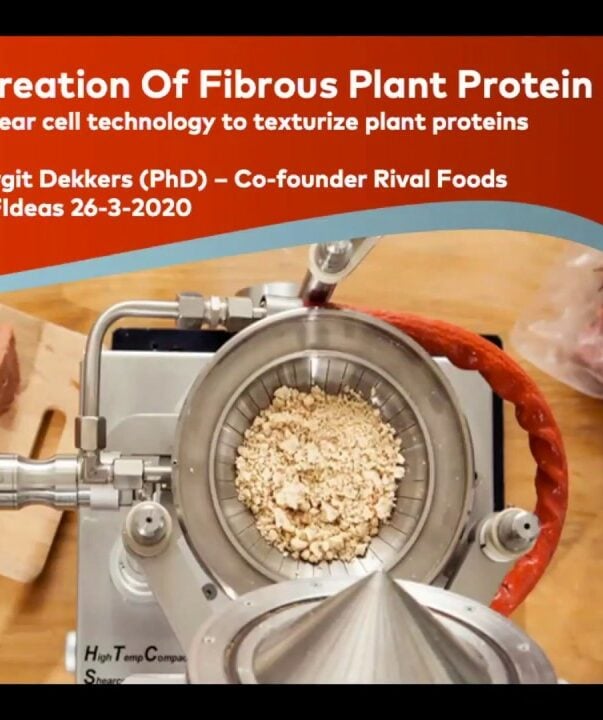
Dr. Dekkers’ seminar presentation
Watch Dr. Dekkers present on shear cell technology in our Science of Alt Protein seminar series.
